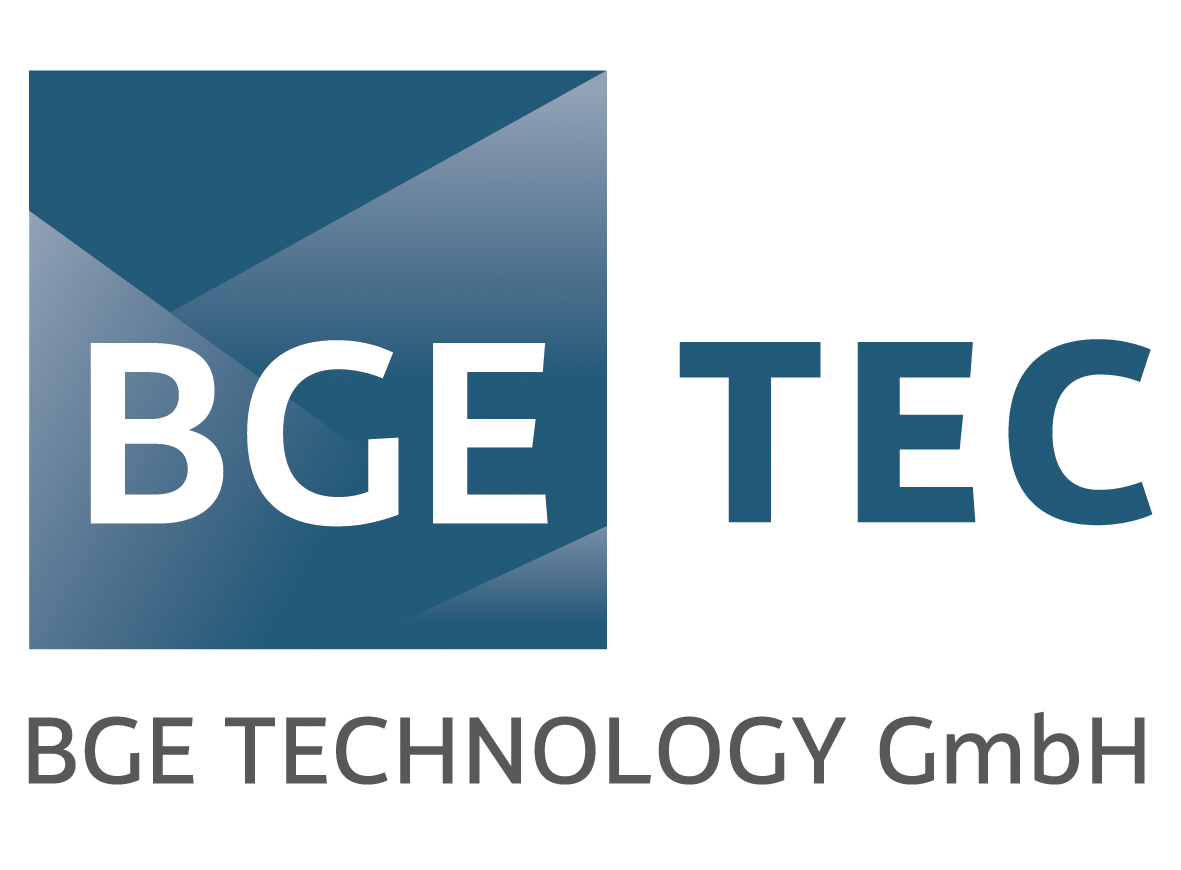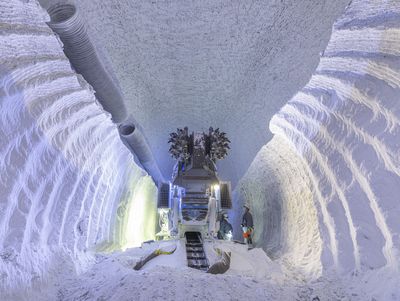Project SalVE: Molten Salts as Alternative Backfill and Sealing Materials for a Repository in Rock Salt
Molten salts are potential materials to seal or to partially backfill a repository for high-level radioactive waste in rock salt. They consist of pure or mixed salts that are heated above their melting temperatures. The molten salts can be poured or pumped into a prepared backfilling or sealing location, where they cool down and solidify. Especially in comparison to crushed salt, it is assumed that they immediately establish a close connection to the surrounding rock, adapt to uneven contours and fill cavities. In addition, it is expected that molten salts will solidify without significant porosity, so that no cavities remain into which potential fluids could penetrate or from which they could be forced out by convergence. Since the volume of the molten salt decreases overall when it cools, it must be proven that the solidification and fracture behaviour do not interfere with the required tightness. With targeted melting temperatures between 100 °C and 200 °C, the molten salts themselves are free of water. Therefore no water is transported into the repository by the salt. It is assumed that the corresponding anhydrous solids create a pure solid-state diffusion and hence complete containment of radionuclides. Consequently, the molten salts are potentially able to seal repositories in rock salt instantaneously and on a long-term basis.
In August 2021, the Project Management Agency Karlsruhe, PTKA, (on behalf of BMWi) commissioned both the Institute of Inorganic Chemistry at TU Bergakademie Freiberg and BGE TECHNOLOGY GmbH with the joint R&D project SalVE to investigate the suitability of molten salts with low melting temperatures as backfilling and sealing materials for repositories in rock salt formations. The Institute of Geomechanics GmbH Leipzig supports the project with practical experiments in the host rock and advanced numerical calculations derived from them.
The objective of this project is to determine whether and which molten salts can further improve current safety levels of an underground repository in rock salt at defined locations. Among other things, the material handling, health and safety issues, geological constraints, and mining requirements will be examined. The molten salts to be identified should combine advantageous strength, permeability, and shrinkage properties with chemical stability to typical rock types and potential solutions. If such a materials are found, a processing, transportation, and application procedure will be described, which ensures large-scale trials can be carried out later.
The FuE-Projet SalVE will run from August 2021 until January 2024.


